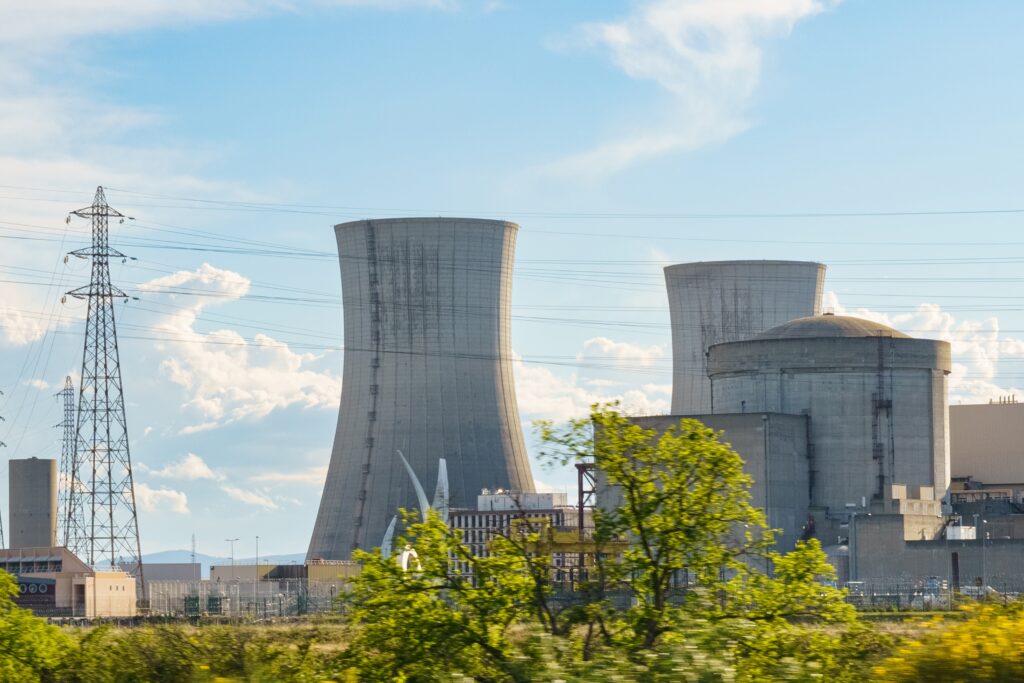Russia’s ongoing war in Ukraine has raised fears of a nuclear disaster, with the Zaporizhzhia nuclear power plant repeatedly caught in the crossfire. As Moscow intensifies its attacks on Ukraine’s energy infrastructure, concerns over nuclear safety and stability continue to grow.
The head of the International Atomic Energy Agency (IAEA), Rafael Grossi, has announced an upcoming visit to Moscow to meet with Russian officials regarding the ongoing threats to Ukraine’s nuclear facilities.
“I have maintained open lines of communication with both Kyiv and Moscow since the beginning of the war,” Grossi told reporters. He emphasized the importance of direct dialogue, having already met with President Vladimir Putin, Foreign Minister Sergey Lavrov, Rosatom executives, military officials, and nuclear regulators.
Grossi acknowledged that there have been several close calls at Zaporizhzhia, Europe’s largest nuclear power plant, which has been under Russian occupation since the early days of the invasion. However, due to the plant’s location near the front lines, he refrained from assigning blame for attacks that have threatened its stability.
Ukraine depends on three operational nuclear plants that generate more than half of the country’s electricity. As Russia continues targeting critical infrastructure, these plants face mounting threats.
On Tuesday, Grossi visited an electrical substation in the Kyiv region, where he warned that damage to key power grid facilities could disrupt cooling systems at nuclear plants, increasing the risk of a catastrophic failure.
During their meeting, Ukrainian President Volodymyr Zelenskyy condemned Russia’s continued strikes on energy infrastructure, stating, “Attacking nuclear power plants is unacceptable under any circumstances.” He also accused Russia of detaining two Ukrainian engineers from the Zaporizhzhia plant, allegedly for possessing pro-Ukrainian content on their phones.
Russia has deliberately targeted Ukraine’s power grid, aiming to disable electricity, heating, and water supplies, while also disrupting the country’s defense industry.
Though the six reactors at Zaporizhzhia have been shut down for months, they still require external power and trained personnel to maintain critical cooling systems. Russia’s strikes on electrical substations pose a significant danger—when external power is cut off, emergency diesel generators become the last line of defense against a nuclear disaster.
Grossi’s upcoming trip to Moscow highlights the urgency of nuclear safety concerns as the war continues to endanger Ukraine, Europe, and global security.
